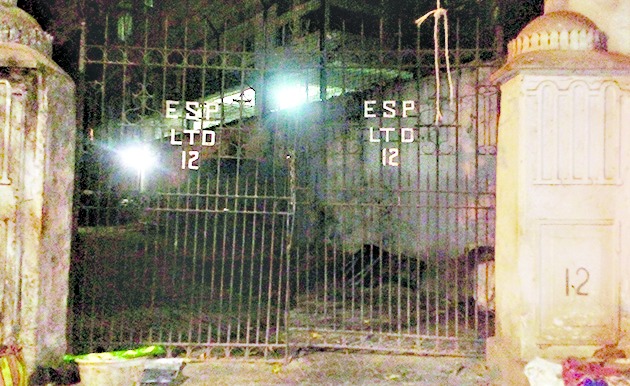
The removal of the weighing machines in Chennai and much of Bombay attracted notice in a number of papers. Meanwhile there has been a dearth of coverage about the decline of the machines nationally. Their former ubiquity may have rendered the machines somewhat invisible; and at no point did they earn anyone enough money to command much scrutiny. As a result, the search for basic facts about this industry frequently leads to contradiction. Even senior railway officials and company representatives with every apparent intention to help offer inconsistent or seemingly inaccurate accounts.
After Eastern Scales first introduced their commuter scales in the 1950s, the business slowly spread. The arrangement was lucrative for the railways; in exchange for the small amount of space taken up by the machines, they would receive 35 per cent of the revenue without having to pay for installation, maintenance, or electricity. "They had to do absolutely nothing but take our money," says Eastern Scales proprietor Roberta Rae Somerville. Not only that, but since the railways would keep all the earnings at the station as change, they would not have to pay a distributor its share for months after it was collected.
As recently as 2001, the weighing machines made 26 lakh in Bombay alone; by 2012, that figure had fallen to 1.7 lakh. This decline can be attributed to a number of causes. The regularity and frequency of trains have improved in many cities, reducing downtime on platforms. More and more commuters worried about their weight now own scales at home. Alternative entertainments like cell phones and public televisions provide a less eccentric source of diversion.
The critical blow to the weighing machines came in the form of a new commercial circular regarding the scales issued by the ministry of railways in 2010. These guidelines imposed a number of stringent conditions. The share of revenue received by the railways was increased from 35 to 60 per cent. Contractors now had to provide a security deposit of Rs 1000 for each machine in operation. And every railway division would have to issue a tender for new weighing machine contracts. According to Jayadeb Basu, a co-director of Eastern Scales, 90 per cent of them did not bother to do so. Eastern Scales ended up with only two contracts, while Northern Scales left the business entirely, discounting some remaining machines by bus stands in Andhra Pradesh. Representatives of Eastern and Northern Scales were mystified by the railways' change of policy. Officials with the ministry of railways did not respond to repeated requests for explanation.
The weighing machines continue to make roughly a lakh every month in Calcutta, but much about this money and its financial setting seems unknown to those involved. A representative of the railways said that the contract with Eastern Scales was renewed annually; that there were still personal weighing machines throughout Odisha and Bihar; and that the Calcutta Metro receives only 40 per cent of the revenue from their machines. In fact, the recent ministry of railways circular stipulates that the railways must receive no less 60 per cent and that the contracts must be renewed every three years, while both Eastern and Northern Scales deny having railway weighing machines in Odisha or Bihar.
It takes some effort to find what is left of Eastern Scales. Its phone lines are disconnected; its office is closed; its directors seem no longer to be in close contact with the railways; and it has not filed a balance sheet in nine years due to internal legal squabbling. Go to its headquarters at 12 Gurusaday Road, where dozens of factory workers and clerks used to arrive every day, and you will find only a padlocked gate and a lonely security guard. The compound inside is rumoured to be full of old unlit machines.










